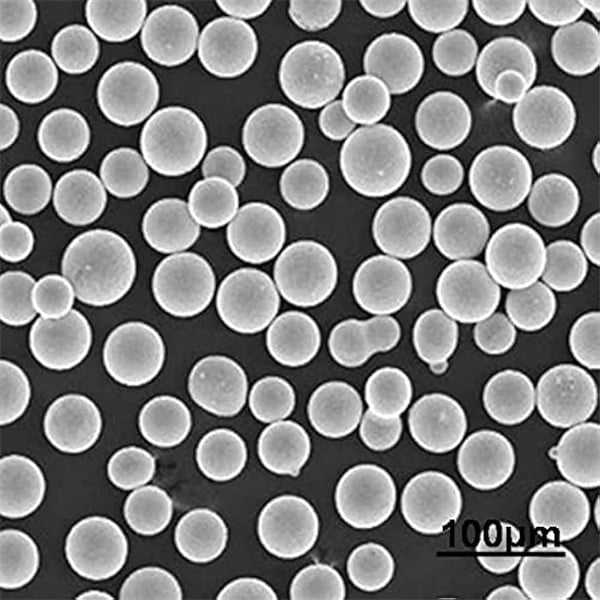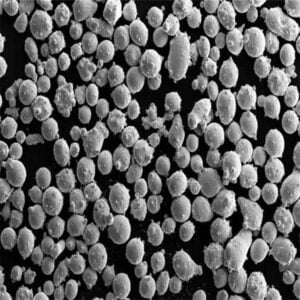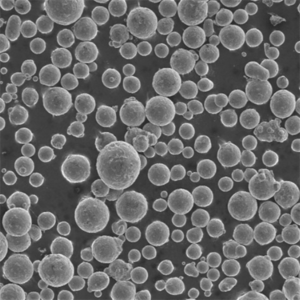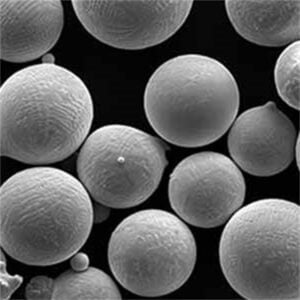Iron Base Alloys 420: Understanding, Choosing, and Using
Table of Contents
Overview of Iron Base Alloys 420
Iron base alloys 420, also known as stainless steel 420, are a popular choice in various industries due to their excellent hardness and moderate corrosion resistance. These alloys, part of the martensitic stainless steel family, are primarily used in applications where high strength and wear resistance are crucial. Commonly found in cutlery, surgical instruments, and valves, iron base alloys 420 strike a balance between durability and affordability. But what makes these alloys so unique? Let’s dive deeper to understand their composition, properties, applications, and more.
Types, Composition, Properties, and Characteristics
To comprehend the versatility of iron base alloys 420, it’s essential to break down their types, composition, properties, and characteristics.
| Type | Composition (Approx.) | Properties | Characteristics |
|---|---|---|---|
| 420 | Fe, 12-14% Cr, 0.15% C | High hardness, moderate corrosion resistance | Magnetic, can be hardened |
| 420J1 | Fe, 12-14% Cr, 0.15% C, low C | Similar to 420 but with higher toughness | More resistant to impact |
| 420J2 | Fe, 12-14% Cr, 0.3% C | Higher hardness than 420J1 | Less corrosion resistant |
| 420F | Fe, 12-14% Cr, 0.15% C, S | Free machining | Excellent machinability |
| 420HC | Fe, 12-14% Cr, 0.4% C | Higher hardness than standard 420 | Improved wear resistance |
| 420Mod | Fe, 13-15% Cr, 0.15% C | Enhanced corrosion resistance | Used in marine environments |
| 420S45 | Fe, 12-14% Cr, 0.15% C, Si | Enhanced silicon content for improved strength | Used in high-stress applications |
| 420C | Fe, 13-15% Cr, 0.35% C | Higher carbon content for better edge retention | Ideal for cutlery |
| 420V | Fe, 12-14% Cr, 0.2% C, V | Vanadium for increased strength | Better wear resistance |
| 420Mo | Fe, 12-14% Cr, 0.15% C, Mo | Molybdenum for enhanced corrosion resistance | Used in medical instruments |

Applications of Iron Base Alloys 420
Iron base alloys 420 are utilized in a wide array of applications due to their robust properties.
| Application | Usage |
|---|---|
| Cutlery | High hardness and edge retention make it perfect for knives and scissors. |
| Surgical Instruments | Moderate corrosion resistance and high hardness are ideal for surgical tools like scalpels. |
| Valves | Strength and wear resistance are suitable for valve components in industrial settings. |
| Bearings | Hardness and moderate corrosion resistance are beneficial in bearings for various machinery. |
| Dental Instruments | Corrosion resistance and ability to be sterilized make it suitable for dental tools. |
| Automotive | Used in parts like shafts and gears where strength and wear resistance are needed. |
| Marine Applications | Modified versions like 420Mod are used in marine environments for their enhanced corrosion resistance. |
| Sports Equipment | Hardness and durability are essential for items like skate blades and golf clubs. |
| Industrial Tools | Wear resistance makes it suitable for industrial cutting and drilling tools. |
| Watch Components | Used in watch cases and bands for its aesthetic appeal and durability. |
Specifications, Sizes, Grades, Standards
Understanding the specifications, sizes, grades, and standards of iron base alloys 420 is crucial for selecting the right material for your needs.
| Specification | Details |
|---|---|
| Sizes | Available in sheets, coils, bars, and wires; thickness ranges from 0.1mm to 100mm |
| Grades | 420, 420J1, 420J2, 420F, 420HC, 420Mod, 420S45, 420C, 420V, 420Mo |
| Standards | ASTM A276, ASTM A580, AMS 5621, DIN 1.4021, JIS SUS 420J1 |
Suppliers and Pricing Details
Here’s a quick look at some suppliers and their pricing details for iron base alloys 420.
| Supplier | Location | Product | Price Range (per kg) |
|---|---|---|---|
| AK Steel | USA | 420 Sheets and Coils | $4 – $7 |
| Outokumpu | Finland | 420 Bars | $5 – $8 |
| Nippon Steel | Japan | 420 Coils and Wires | $6 – $9 |
| Aperam | Luxembourg | 420 Precision Strips | $7 – $10 |
| Sandvik | Sweden | 420 Dental Instruments | $8 – $12 |
| ThyssenKrupp | Germany | 420 Industrial Tools | $5 – $9 |
| Valbruna | Italy | 420 Cutlery Products | $6 – $11 |
| Carpenter Tech | USA | 420 Bearing Components | $5 – $8 |
| Hitachi Metals | Japan | 420 Surgical Instruments | $7 – $10 |
| Bohler-Uddeholm | Austria | 420 Automotive Parts | $6 – $9 |
Comparing Pros and Cons, Advantages and Limitations
When choosing iron base alloys 420, it’s essential to weigh the pros and cons.
| Aspect | Advantages | Limitations |
|---|---|---|
| Hardness | High hardness provides excellent wear resistance. | Can be brittle if not properly heat treated. |
| Corrosion Resistance | Moderate corrosion resistance suitable for many environments. | Not as corrosion resistant as austenitic stainless steels like 304. |
| Machinability | Free machining grades like 420F offer excellent machinability. | Standard grades can be difficult to machine. |
| Cost | Generally more affordable than higher alloy steels. | Costs can increase with specialized grades and treatments. |
| Toughness | Toughness is improved in grades like 420J1. | Less tough compared to some other stainless steels. |
Technical Parameters and Ranges
Understanding the technical parameters of iron base alloys 420 can guide your selection process.
| Parameter | Range |
|---|---|
| Hardness | Rockwell C 50-55 for standard 420, up to 58 for 420HC |
| Tensile Strength | 700-950 MPa |
| Yield Strength | 450-650 MPa |
| Elongation | 12-20% |
| Modulus of Elasticity | 200 GPa |
| Density | 7.74 g/cm³ |
| Melting Point | 1450°C (2642°F) |

FAQ
| Question | Answer |
|---|---|
| What are iron base alloys 420? | Iron base alloys 420 are martensitic stainless steels known for their hardness and moderate corrosion resistance. |
| What are the common uses of 420 stainless steel? | Common uses include cutlery, surgical instruments, valves, bearings, and automotive parts. |
| How is 420 stainless steel different from other grades? | 420 offers higher hardness and wear resistance compared to many other stainless steels but less corrosion resistance. |
| Can 420 stainless steel be heat treated? | Yes, 420 stainless steel can be heat treated to enhance its hardness and mechanical properties. |
| What are the specifications for 420 stainless steel? | Specifications include ASTM A276, ASTM A580, AMS 5621, and DIN 1.4021. |
| Is 420 stainless steel magnetic? | Yes, 420 stainless steel is magnetic due to its martensitic structure. |
| What is the cost range for 420 stainless steel? | Prices typically range from $4 to $12 per kg, depending on the supplier and specific grade. |
| How does 420 stainless steel perform in marine environments? | Modified grades like 420Mod offer better corrosion resistance suitable for marine applications. |
| What are the limitations of 420 stainless steel? | Limitations include lower corrosion resistance compared to austenitic grades and potential brittleness. |
| Can 420 stainless steel be used in food processing? | While it is used in some |
Share On
MET3DP Technology Co., LTD is a leading provider of additive manufacturing solutions headquartered in Qingdao, China. Our company specializes in 3D printing equipment and high-performance metal powders for industrial applications.
Inquiry to get best price and customized Solution for your business!
Related Articles
About Met3DP
Recent Update
Our Product
CONTACT US
Any questions? Send us message now! We’ll serve your request with a whole team after receiving your message.

Metal Powders for 3D Printing and Additive Manufacturing
COMPANY
PRODUCT
cONTACT INFO
- Qingdao City, Shandong, China
- [email protected]
- [email protected]
- +86 19116340731
















